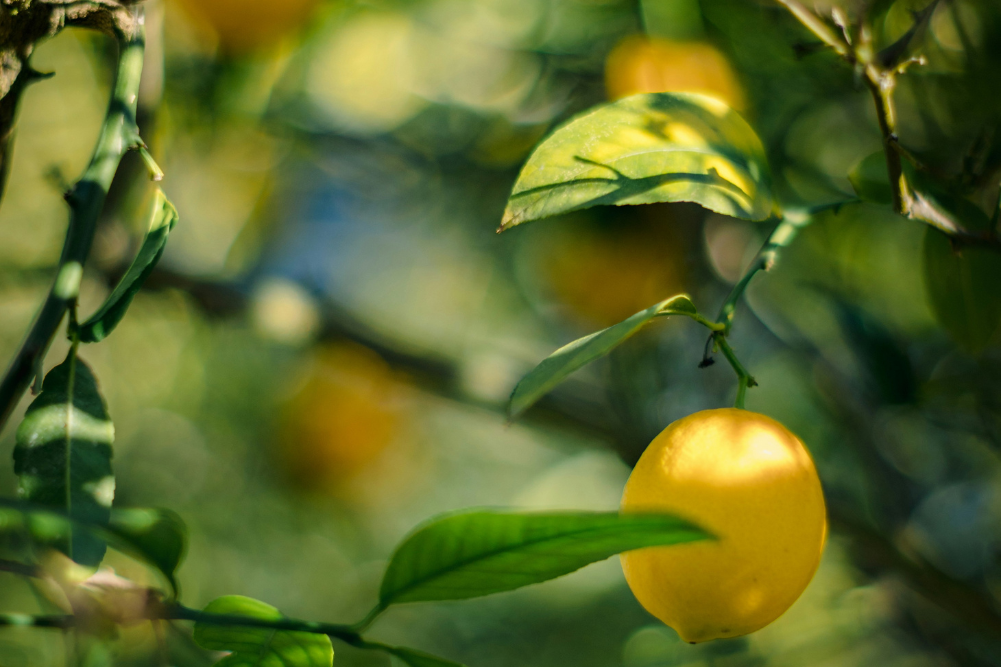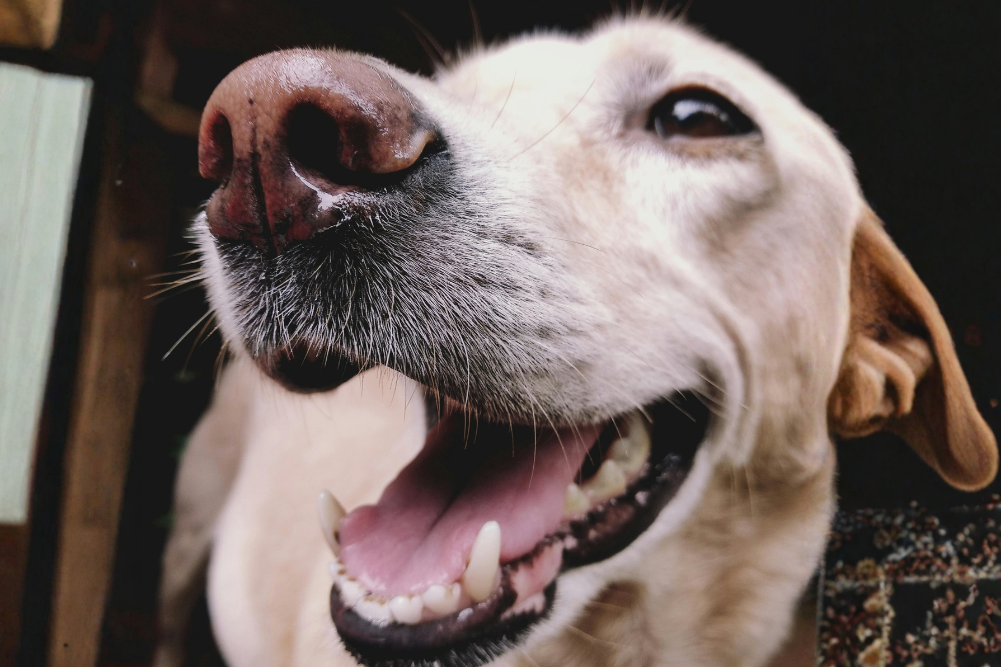Holistic Approaches to Supporting Kidney Health in Older Cats
A common problem in older cats is declining kidney health. One estimate is that more than 30 per cent of cats older than 15 years have kidney insufficiency. The International Renal Interest Society (IRIS) has a classification system based on clinical symptoms and urine and blood test results, and this assists vets in planning individual treatments for “kidney cats”.
Causes are many and may include infections, toxins, trauma, kidney-toxic drugs, congenital kidney disease and metabolic or hormone imbalances. But in most cases the underlying cause isn’t known.
The pathological changes seen include tubulointerstitial fibrosis, oxidative stress, hypoxia and inflammation, and these can be targets for holistic support. Hyperphosphataemia develops because kidneys are important in phosphorus excretion. Other toxins will also increase due to the kidney’s reduced ability to excrete them.
Conventional treatment goals for cats with chronic kidney disease are:
- dietary changes to reduce protein loss through the kidney and to reduce the build-up of uraemic toxins
- hydration support using wet foods or subcutaneous fluids
- reducing serum phosphate by using either renal diets or oral phosphate binders
- managing electrolyte imbalances
- managing gut signs with antiemetics or gastric ulcer medications
- managing other symptoms such as anaemia
Our holistic goals include:
- maintaining a good appetite and body weight
- maintaining adequate hydration
- reducing oxidative stress
- reducing inflammation and fibrosis
- managing dysbiosis and leaky gut syndrome
- improving blood supply to the kidneys
The question of low-protein diets for cats with early stages of kidney disease is contentious. Lower-protein diets may contain poor-quality protein such as plant-based proteins, which may not supply the amino acids required by these obligate carnivores. Plant-based proteins are more likely to lead to dysbiosis and leaky gut syndrome and thus perpetuate inflammation. Cats in the later stages of kidney disease may be fussy or have a poor appetite, and a low-protein diet can accelerate muscle loss.
I prefer where possible to feed a clean, minimally processed diet, based on the individual cat’s needs and preferences, and in consultation with the cat’s carer. Fish oil, antioxidants and B vitamins can be added to the food.
Herbal support
Milk thistle (Silybum marianum) has not only liver-protective effects but also kidney-protective effects. In addition, it has general antioxidant and anti-inflammatory effects, and may help heal kidney tissue after injury. I often add milk thistle in the powdered form to a Traditional Chinese Medicine (TCM) kidney-supporting formula, but we could consider tablet or liquid glycetract forms for easier dosing.
Rehmannia (Rehmania glutinosa), either fresh or prepared, is one of the key herbs in TCM herbal formulae prescribed for kidney support. The specific formula I choose depends on whether my feline patient needs mainly Kidney Yin tonification or additional Liver Yin or Spleen Qi support. Cats that are overtly Hot and Dry may need more Kidney Yin support. If vomiting with poor appetite, then spleen support may be required.
Rehmannia has been shown to have a number of benefits for renal insufficiency. Studies have shown improved renal perfusion, reduced oxidative stress and improved red blood cell production.
Acupuncture
Acupuncture can be used to enhance the benefits of TCM herbs in cats, and many of my feline patients respond well to treatment every two to four weeks. Acupuncture can improve renal perfusion, but also addresses what we call “comorbidities” like poor appetite, poor energy or painful arthritis.
Mushrooms
Medical mushrooms are used for many chronic illnesses in integrative veterinary practice. Cordyceps (Cordyceps sinensis) is one of my favourite mushrooms, mainly because in nature it lives on caterpillars in the Himalayan alps. (The products we use are not harvested from caterpillars.) For kidney cats, it has antioxidant and antifibrotic effects. Reishi mushroom (Ganoderma lucidum) has prebiotic, immune-modulating and kidney-protective effects. Mushrooms can be added as
a combination in tinctures, or as individual powders mixed into a TCM powdered herbal formula.
Reducing toxins
A study in 2019 demonstrated that cats with the IRIS Chronic Kidney Disease Stage 2 or higher had reduced faecal microbiome diversity compared to control cats, and that cats with renal insufficiency had increased serum levels of the uraemic toxin indoxyl sulphate. Dysbiosis (an unhealthy biome) leads to leaky gut syndrome, and gut-derived uraemic toxins translocate into the bloodstream and exert systemic effects.
Other studies have shown that oral-activated charcoal adsorbent AST-120 reduces circulating and tissue uraemic toxins and may slow down the development of increased serum phosphate in humans.
So can we use this information to reduce toxins in cats with renal insufficiency? Although specific studies are lacking, this is an approach that can be well tolerated and help maintain a good quality of life. The idea behind “enteric dialysis” is that toxins are removed via the gut instead of the kidneys.
Key strategies include supporting a healthy biome using pre- and probiotics, using oral phosphate binders and using adsorbents such as activated charcoal or zeolite to reduce some uraemic toxins.
This is a simple summary of the strategies involved; the specific treatments will need to be individual for each cat, and monitored by your vet or a holistic vet.
Not all these treatments are appropriate for every “kidney cat”. The best approach is an individual plan designed with the help of a holistic vet.







